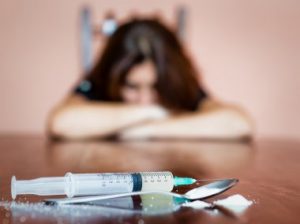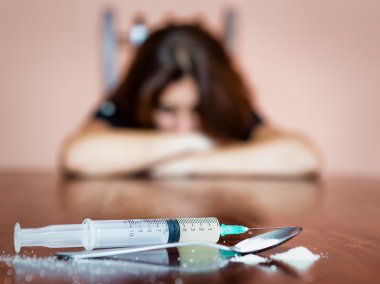Drug addiction is a severe disease that affects people and families all over the world. This addiction affects both a person’s brain and their behaviours. It can ruin lives, lead to bad habits, and tear families apart. Any kind of addiction is a serious medical issue that will require help and support from medical professionals, families, and counselors. If you or someone you know is struggling with addiction, there are many different ways to get help. Here are some effective ways to help get rid of addiction and get your life back on track.
1. Rehabilitation
The first step to any recovery plan to help beat addiction is to attend some form of rehabilitation. Each rehabilitation facility will offer various treatment plans and options. Some differences in facilities may include inpatient and outpatient treatment options, group counseling and individual counseling, staffed medical professionals and more. Each person looking to beat addiction must find a place where they will feel the most comfortable.
It is never a good idea to bring a family member or friend to a facility. The addict must want treatment voluntarily, or they will likely not be successful in their treatment. Addiction is a common disease, but the right approach can make this disease very treatable.
The first step in almost any rehabilitation program is detoxification. During detoxification, one will stop using any drugs. Medical professionals around the clock will observe them ensure that they are okay. This process may take a few days and will be extremely difficult at first. Each day that passes will show progress, and the symptoms that a person has will decrease. After detoxification, the addict can start working with medical professionals to develop a treatment plan.
2. Counseling
One of the most important parts of a treatment plan is counseling. An addict will likely participate in counseling every day and will partake in different types of counseling. Some of the most commonly used types of counseling include individual counseling, group counseling, and peer counseling. If you are looking to better yourself and beat addiction, you should highly consider all forms of counseling.
3. Medications
If you are looking to beat your addiction, you will likely be given medication. Many different types of medication can be used to treat addiction, depending on each addict. Some medications can help you recover more quickly, while others will help improve your overall mental state as you recover. No one should ever start or stop medication without the help and guidance of a medical professional. It is also important to take medications as they are prescribed so that you do not take too much and end up in a more serious situation.

4. Support Groups
Whether you are in a rehabilitation facility or are living life as a recovering addict, it is always important to have support groups that you can turn to for help, advice and guidance. A support group can be as small as two people and as large as you could imagine. Each person should form their own support groups with people they trust to turn to them as needed.
Some different types of support groups could include a mentor or a sponsor, AAA, AA, NAA, church groups, community groups, friends, family and more. There is no limit to who you can or cannot have in a support group. The more people as recovering addicts has, the more likely they are to find success. Support groups should meet on a regular basis to check in on each other’s progress, talk about issues, offer advice, and more.
5. Revisit and Revise Treatment Plans as Necessary
Another essential way to get rid of addiction is to revisit and revise treatment plans as necessary. An addiction treatment plan will vary as they have more time to clean. For instance, a person who is only one week sober will act and think much differently than a person who is three years clean. It is important to revisit and revise your treatment plan about every six months. It would help if you talked with your counselors, support groups and doctors about your changes to a treatment plan.
The steps that each person takes towards their recovery from addiction will be different. Some people will take longer to complete steps than others, and some may require treatment options that others do not. No matter what, one’s road to recovery must be voluntary. You cannot force someone to get help because that could only make things worse. If you are trying to beat addiction for yourself or a family member, it is important to give them options and support them as needed.








